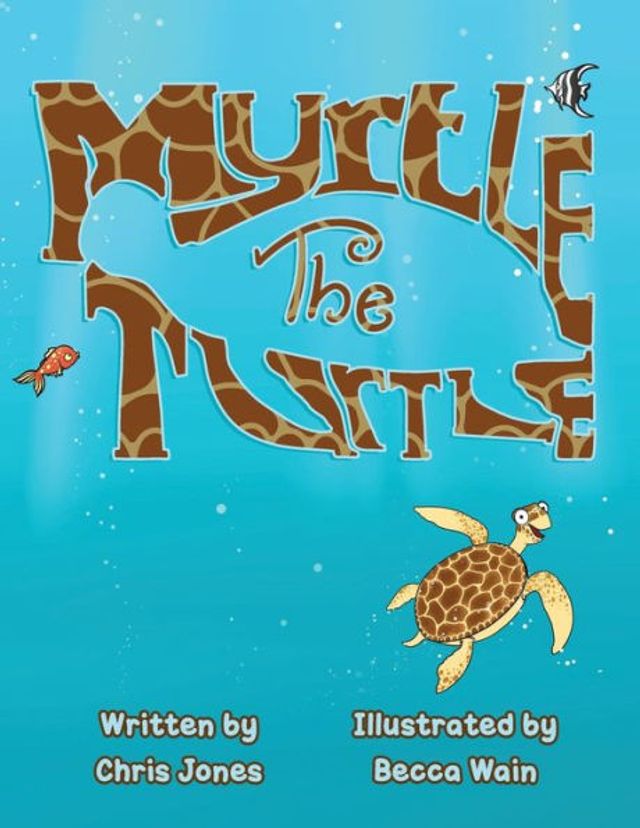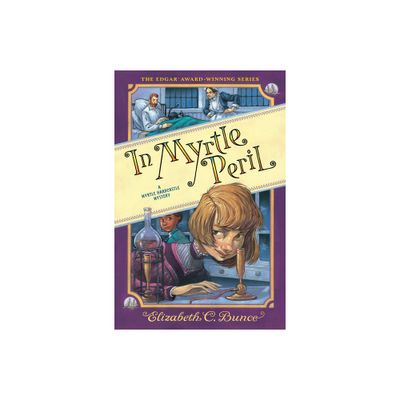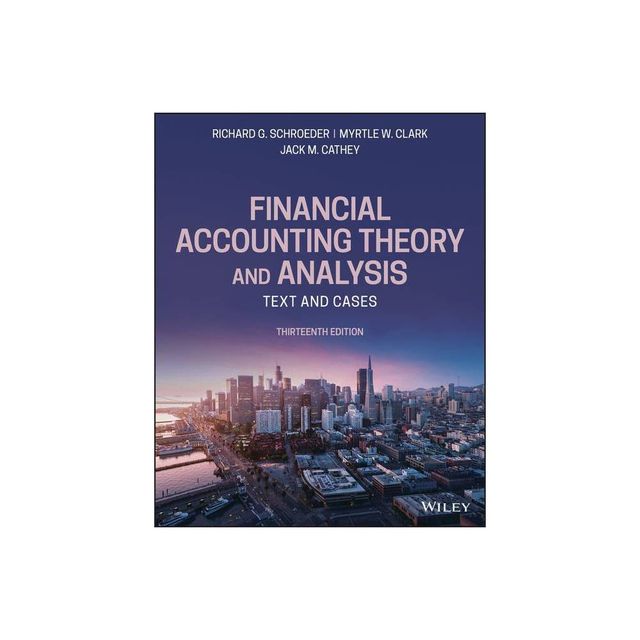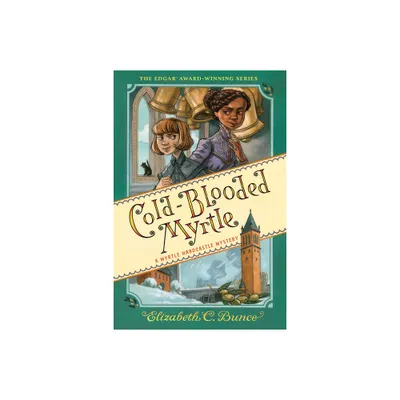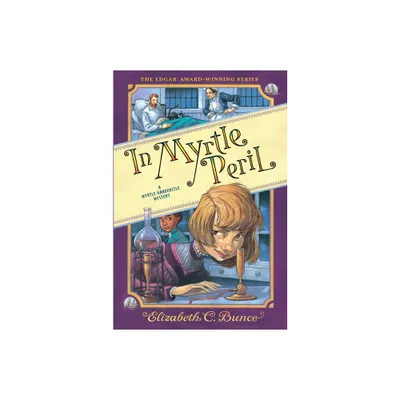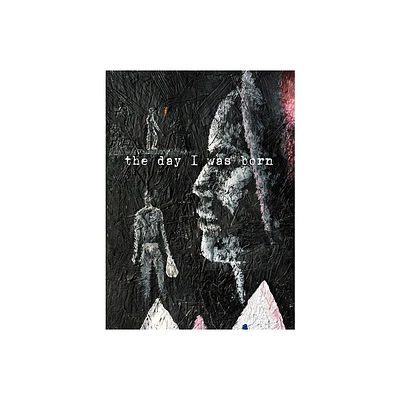Home
Richard, Myrtle, and I
Loading Inventory...
Barnes and Noble
Richard, Myrtle, and I
Current price: $95.00


Barnes and Noble
Richard, Myrtle, and I
Current price: $95.00
Loading Inventory...
Size: OS
*Product Information may vary - to confirm product availability, pricing, and additional information please contact Barnes and Noble
Stephen Hudson is the pen name of Sydney Schiff (1868-1944), an English novelist who received acclaim in the 1920s and 1930s from such writers as Thomas Mann and Somerset Maugham. Since that time, however, literary tastes have changed, and interest in Hudson's work has diminished. That Hudson's novels do not deserve such obscurity is the belief of Theophilus E. M. Boll, who here introduces one of the best of them,
Richard, Myrtle and I
, to present-day readers.
Boll's biographical and critical sections contain, respectively, the first authentic account of Hudson's life, and the first comprehensive study of the development and the meaning of his art as novelist and short-story writer. The two-part introduction adds a wholly new section to the history of the English novel in the twentieth century and to the history of literary relationships between the Continent and England. In telling the story of a marriage of minds and the literary consequences it produced, Boll places the form and content of Hudson's art against the background of his particular experiences.
The novel
, which forms the second half of this volume, is clearly representative of Stephen Hudson's best work. It is largely autobiographical in its main theme: the evolution of Stephen Hudson as novelist. Newly edited by Violet Schiff, the Myrtle in the story, it is a blend of realism and allegory that tells how a strong creative impulse and encouragement from a sympathetic wife make it possible for a sensitive and perceptive man to become a creative artist.
Appraising his own work, Stephen Hudson once remarked, "I have never had any desire to write for the sake of writing and I am devoid of ambition. I have accumulated a quantity of vital experience which remains in a state of flux. Continuously passing in and out of my consciousness it demands to be sorted out and synthesized. When the chaos becomes unbearable I start writing and go on until the congestion is relieved." Referring to this passage, Boll comments, "We ought not to misunderstand that modesty of his. It was based on a pride that aimed at perfection because nothing lower was worth aiming at. After the labor of creating was over, Hudson measured what he had done against what he judged to be supremely great; any lower standard meant a concession his pride would not make."
It is in
that Stephen Hudson came closest, perhaps, to his unattainable goal.
Richard, Myrtle and I
, to present-day readers.
Boll's biographical and critical sections contain, respectively, the first authentic account of Hudson's life, and the first comprehensive study of the development and the meaning of his art as novelist and short-story writer. The two-part introduction adds a wholly new section to the history of the English novel in the twentieth century and to the history of literary relationships between the Continent and England. In telling the story of a marriage of minds and the literary consequences it produced, Boll places the form and content of Hudson's art against the background of his particular experiences.
The novel
, which forms the second half of this volume, is clearly representative of Stephen Hudson's best work. It is largely autobiographical in its main theme: the evolution of Stephen Hudson as novelist. Newly edited by Violet Schiff, the Myrtle in the story, it is a blend of realism and allegory that tells how a strong creative impulse and encouragement from a sympathetic wife make it possible for a sensitive and perceptive man to become a creative artist.
Appraising his own work, Stephen Hudson once remarked, "I have never had any desire to write for the sake of writing and I am devoid of ambition. I have accumulated a quantity of vital experience which remains in a state of flux. Continuously passing in and out of my consciousness it demands to be sorted out and synthesized. When the chaos becomes unbearable I start writing and go on until the congestion is relieved." Referring to this passage, Boll comments, "We ought not to misunderstand that modesty of his. It was based on a pride that aimed at perfection because nothing lower was worth aiming at. After the labor of creating was over, Hudson measured what he had done against what he judged to be supremely great; any lower standard meant a concession his pride would not make."
It is in
that Stephen Hudson came closest, perhaps, to his unattainable goal.


